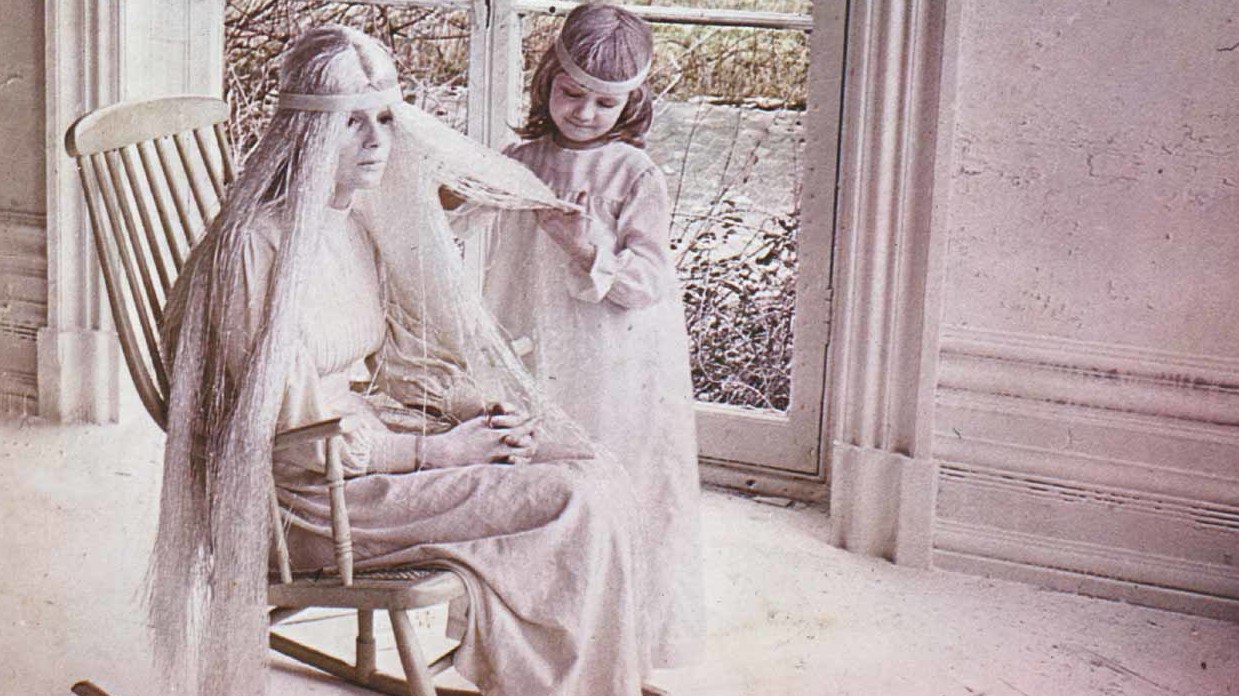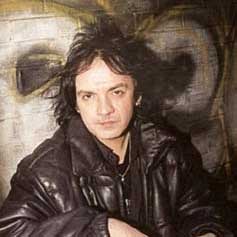Decades before their Seattle namesake settled out of court to continue using their band’s name, London songwriting duo Patrick Campbell-Lyons and Alex Spyropoulos were seducing pirate radio with the baroque chamber loveliness of July 1967’s debut single Tiny Goddess, and predating the Pretty Things’ SF Sorrow as rock’s first concept opera with The Story Of Simon Simopath, the first band album released on Island Records. After releasing 1968’s All Of Us and scoring minor success with the phasing-drenched Rainbow Chaser, the duo faced acid rock-craving audiences with their chamber-style The Nirvana Ensemble. When Island rejected their third album, Spyropoulos split, leaving Campbell-Lyons to go it alone on the newly launched Vertigo label.
Leaving behind all classical influences and lyrical subtleties, Revox-recorded songs channelled the pain of Campbell-Lyons’ divorce through jazz-inflected rock. Joined by pianist Pete Kelly from the Hair musical pit band, Crimson horn man Mel Collins and Jade Warrior percussionist John Field, he recorded the two extended suites that form 1971’s startling Local Anaesthetic.
Campbell-Lyons describes the album as “Nirvana getting weird… indescribable and schizophrenic”. Sounding like a deeply hurt and somewhat sozzled Ray Davies, the convoluted Modus Operandi is indeed a far cry from the band’s ornate delicacy as he forces himself down avenues of pain and bitter reflection against music that often mirrors his trauma. The five-part Home sees him letting loose his demons against a band straining at the leash to get down in the funky style so popular in the early 1970s, while Campbell-Lyons gamely emotes movements with titles like Construction and Fanfare. The reissue comes with heartbroken single The Saddest Day Of My Life and oddly Chas & Dave-recalling B-side I Wanna Go Home (if they were crying into their beer).
1972’s more conventionally song-based Songs Of Love And Praise was more uplifting thanks to its infusion of positive spiritual optimism on titles such as Lord Up Above and psychedelic bossa nova Need Your Love Tonight, while Stadium makes up for its rather corny lyrics with a tasty jazz piano middle section from a band including Procol Harum drummer Bobby Harrison and returning cellist Sylvia Schuster.
The album also demolishes beautiful early single Pentecost Hotel with a Wandsworth school kiddie choir, and Rainbow Chaser is revisited with somewhat ill-fitting soul brass tattoos. The two B-sides that accompanied those two tracks when released as singles provide bonus tracks, wrapping up a worthwhile pair of eccentric early prog curios.

